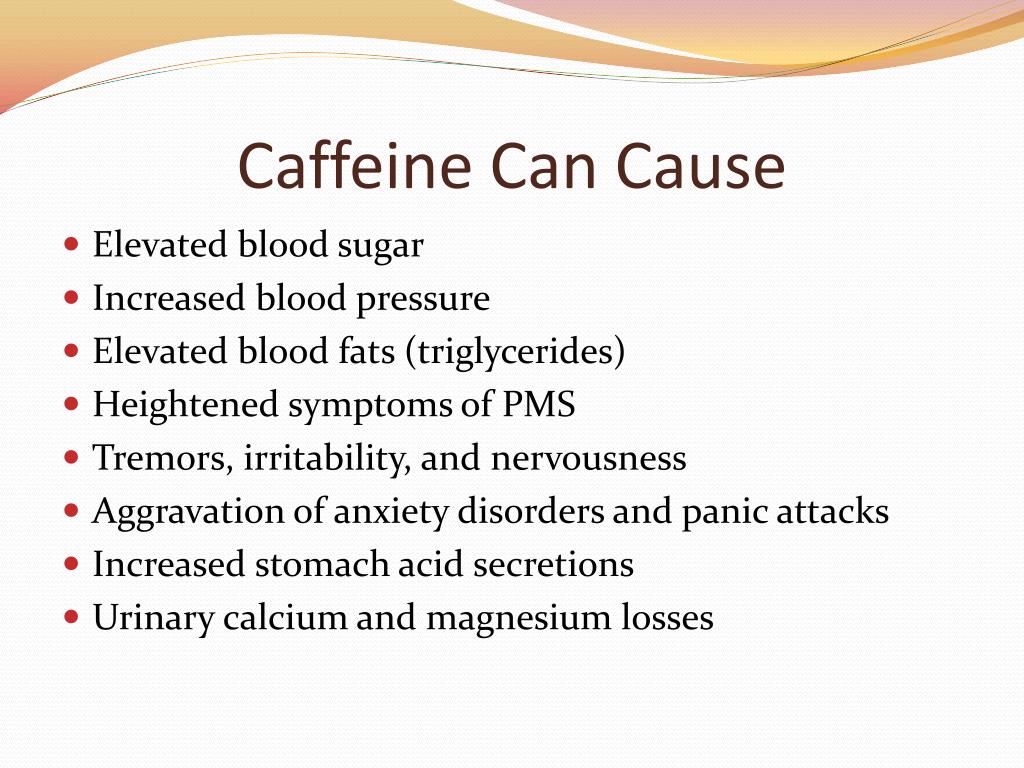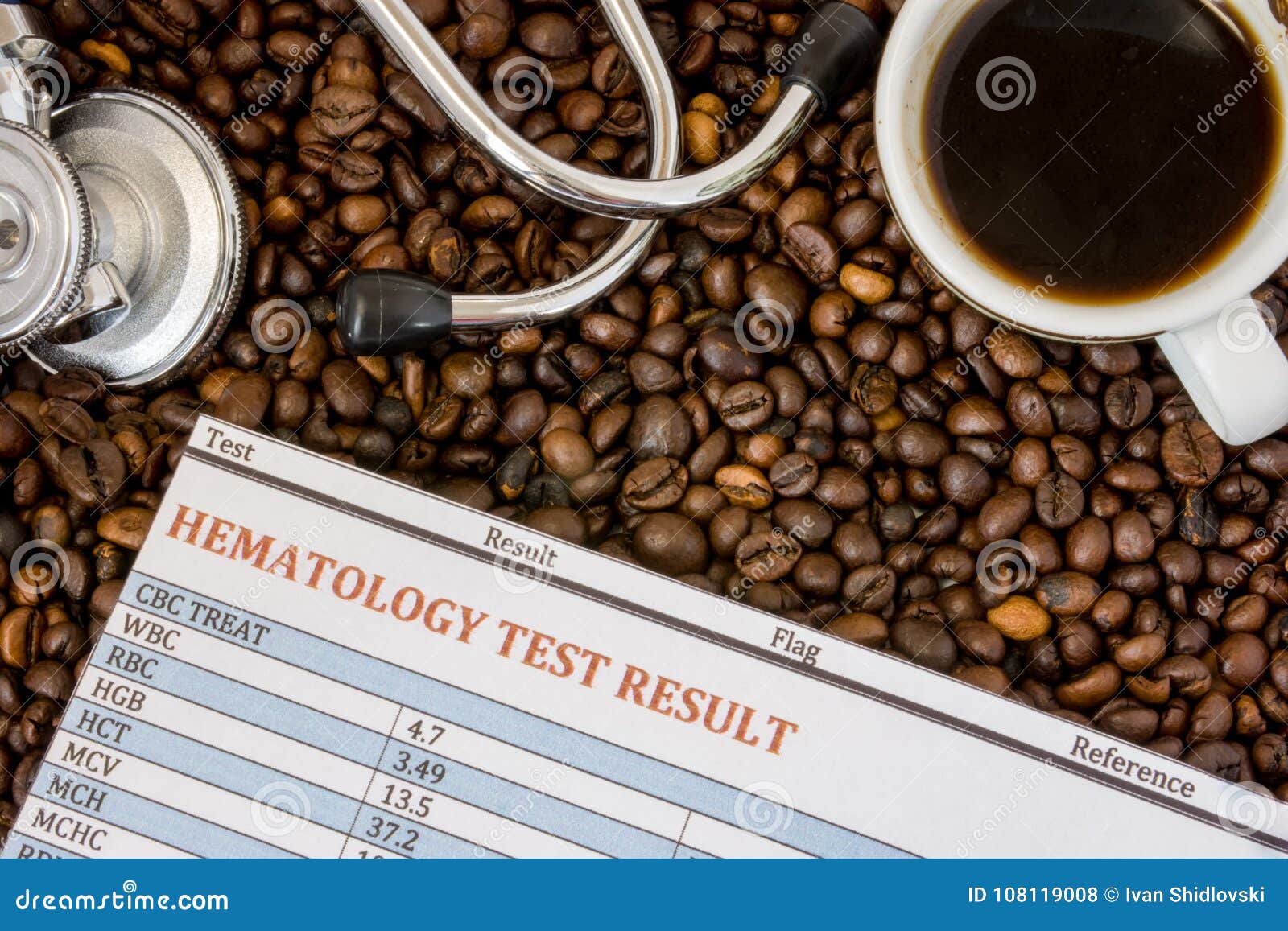
Adenosine antagonism has been implicated as a contributor to the direct cardio-acceleratory effect of caffeine, which also increased blood pressure and respiration rate. Caffeine is a CNS-stimulating drug that acts as an adenosine receptor antagonist in the brain. From these findings, it can be hypothesized that L-theanine attenuates the stress responses in the autonomic nervous system induced by both physically and psychologically stressful tasks.Ĭaffeine, another major component of green tea, also has behavioral effects on autonomic nervous activities, and these effects are thought to be the opposite those of L-theanine. It is known that stress can elevate blood pressure by stimulating the nervous system to produce large amounts of vasoconstricting hormones that increase blood pressure, L-theanine may have inhibited the increase in blood pressure through its anti-stress effects on the autonomic nervous system. Moreover, animal studies have found that L-theanine reduced blood pressure in hypertensive rats. Kimura (2007) reported that L-theanine intake reduced heart rate and salivary immunoglobulin A responses to an acute stress task (an arithmetic task), suggesting that L-theanine could reduce stress by inhibiting cortical neuron excitation. Several reports have found increased alpha brain wave activity in humans after L-theanine administration, indicating that L-theanine could lead to a relaxed and alert state. Animal studies have revealed that L-theanine affected dopamine and serotonin concentrations in the brain, underlying its anxiolytic effect.

L-theanine became one of those popular items since its multiple roles in the central and autonomic nervous systems received attention. To live a healthier life in so-called high-stress modern society, a growing interest in natural, minimally processed, nutritional, and healthy foods is spreading around the world, and many kinds of functional food ingredients have recently become widely used due to their health benefits. The findings above denote that L-theanine not only reduces anxiety but also attenuates the blood-pressure increase in high-stress-response adults.

The result of the Profile of Mood States after the mental tasks also showed that L-theanine reduced the Tension-Anxiety scores as compared with placebo intake. Caffeine tended to have a similar but smaller inhibition of the blood-pressure increases caused by the mental tasks. The results after the mental tasks showed that L-theanine significantly inhibited the blood-pressure increases in a high-response group, which consisted of participants whose blood pressure increased more than average by a performance of a mental task after placebo intake. Fourteen participants each underwent three separate trials, in which they orally took either L-theanine + placebo, caffeine + placebo, or placebo only. In this study, we investigated the effects of orally administered L-theanine or caffeine on mental task performance and physiological activities under conditions of physical or psychological stress in humans.

Both L-theanine and caffeine, which green tea contains, have been highlighted for their beneficial effects on cognition and mood. L-theanine, an amino acid contained in green tea leaves, is known to block the binding of L-glutamic acid to glutamate receptors in the brain, and has been considered to cause anti-stress effects by inhibiting cortical neuron excitation.


 0 kommentar(er)
0 kommentar(er)
